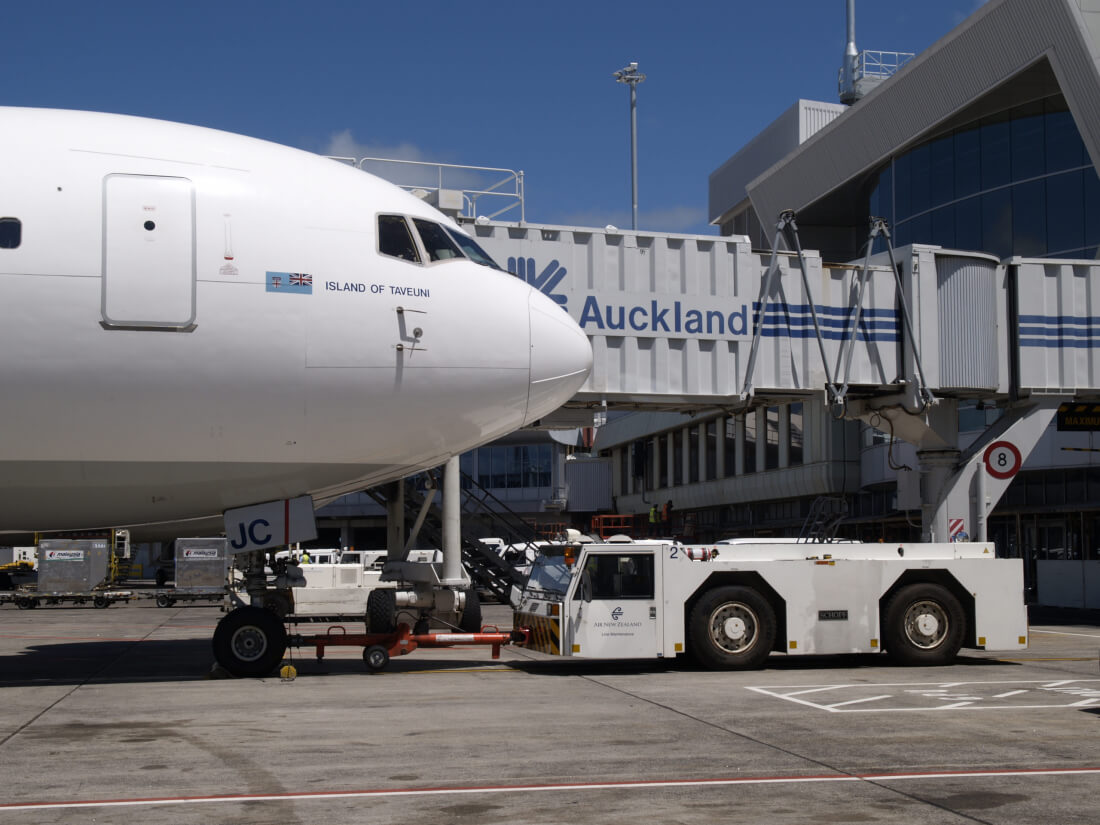A hot potato: Allowing customs officials to search digital devices remains a controversial issue, one that often raises privacy vs. security debates. In New Zealand, border agents have been given new powers that let them force travelers to hand over their passwords. Failure to comply can result in a fine of NZ$5,000 (around US$3,300).
Changes in New Zealand's Customs and Excise Act 2018 (PDF), which went into effect yesterday, now mean that in addition to searching a person's phone, laptop, or another electronic device, border agents can "require a user of the instrument to provide access information and other information or assistance that is reasonable and necessary to allow a person to access the instrument."
Border officials still do need "reasonable" suspicion that they will find something on a device before performing a 'digital strip search' and demanding any passwords, codes, or encryption keys.
Customs officers may also copy anything stored on the device, or confiscate it to perform forensic searches. As is the case in the US, examining data stored locally is allowed, but anything found solely on the cloud is off limits---including social media accounts.
The device must also be returned to the owner undamaged once the searches have been completed, assuming nothing incriminating was found. Any copies of the information must also be deleted.
Last month, it was reported that a Muslim woman is suing border officials after her iPhone was taken by agents and had its data copied. Rejhane Lazoja was asked to unlock the handset but wouldn't. "Since there was no stated reason for me to unlock my iPhone, I refused," she said.
